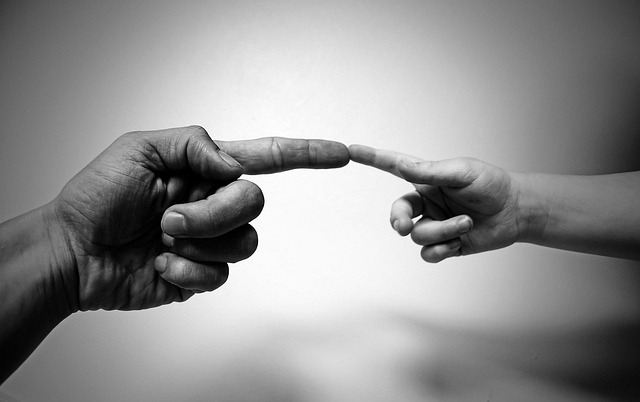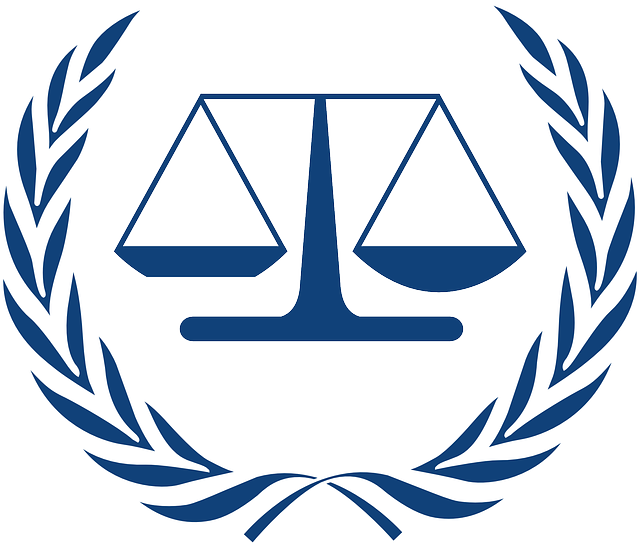Child abuse lawyers in Rochester, NY, need advanced cultural competence to handle diverse cases fairly. They must understand community norms, communicate effectively, respect traditions, and overcome language barriers to build strong client relationships and deliver justice tailored to each client's unique background and needs.
In Rochester, NY, understanding cultural considerations in child abuse cases is paramount for justice. This article explores the intricate dynamics of navigating diverse backgrounds within these sensitive legal matters. We delve into the importance of recognizing cultural context, examining its impact on case outcomes. Specifically, we discuss the legal implications for child abuse lawyers in Rochester, highlighting best practices to ensure sensitive representation. By addressing these cultural factors, professionals can provide more effective advocacy for victims.
Understanding Cultural Context in Child Abuse Cases
Understanding the cultural context is a vital aspect of handling child abuse cases in Rochester, NY. Every community has its unique norms, values, and traditions that shape how families interact and respond to issues like abuse. For instance, certain cultures may have specific practices or beliefs that could impact their disclosure of abusive incidents or their understanding of what constitutes abuse. A child abuse lawyer in Rochester should be well-versed in these cultural nuances to ensure sensitive and effective legal representation.
When navigating a case with cultural considerations, lawyers must approach each situation with open minds and cultural sensitivity. This involves actively listening to clients, learning about their backgrounds, and tailoring legal strategies accordingly. By embracing cultural context, lawyers can build stronger relationships with clients, gather more accurate information, and ultimately deliver justice while respecting the diverse tapestry of Rochester’s communities. This approach is particularly crucial when representing victims from various ethnic, religious, or socio-economic backgrounds to ensure their voices are heard and their rights protected.
Navigating Diversity: Legal Implications for Rochester Lawyers
In Rochester, New York, navigating cultural diversity in child abuse cases presents unique challenges for lawyers. With a growing and increasingly diverse population, legal professionals must be sensitive to the cultural backgrounds and traditions of families involved in such cases. This is especially crucial when dealing with immigrant or refugee communities who may have different understanding of child rearing practices, reporting mechanisms, and legal systems.
Rochester lawyers specializing in child abuse cases need to be well-versed in cultural competency. They should understand the nuances of various ethnic and religious beliefs, and how these might influence the perception and interpretation of child abuse. Legal implications include ensuring effective communication, respecting cultural traditions that may impact testimony, and being aware of potential language barriers. Lawyers must also be sensitive to family dynamics and social norms, as these can significantly affect the legal process and outcomes in child abuse cases involving diverse communities.
Sensitivity and Representation: Best Practices for Child Abuse Lawyers in Rochester NY
In Rochester, NY, where cultural diversity is a defining characteristic, child abuse lawyers must be adept at navigating complex ethical and practical considerations. Sensitivity to diverse cultural backgrounds and traditions is paramount in ensuring that every client receives justice and support tailored to their unique needs. This involves profound cultural competence, which includes understanding the nuances of various communities, their beliefs about family and community dynamics, and the potential barriers they may face when seeking legal aid for child abuse cases.
Best practices for child abuse lawyers in Rochester NY involve actively listening to clients’ stories without judgment, respecting their cultural values, and involving community resources when necessary. Lawyers should be well-versed in translating legal jargon into accessible language for non-native English speakers. They must also be vigilant against unconscious biases that could skew their perception of a case, ensuring every client is treated with dignity and respect. This culturally sensitive approach not only strengthens the lawyer-client relationship but also improves outcomes in child abuse cases.






